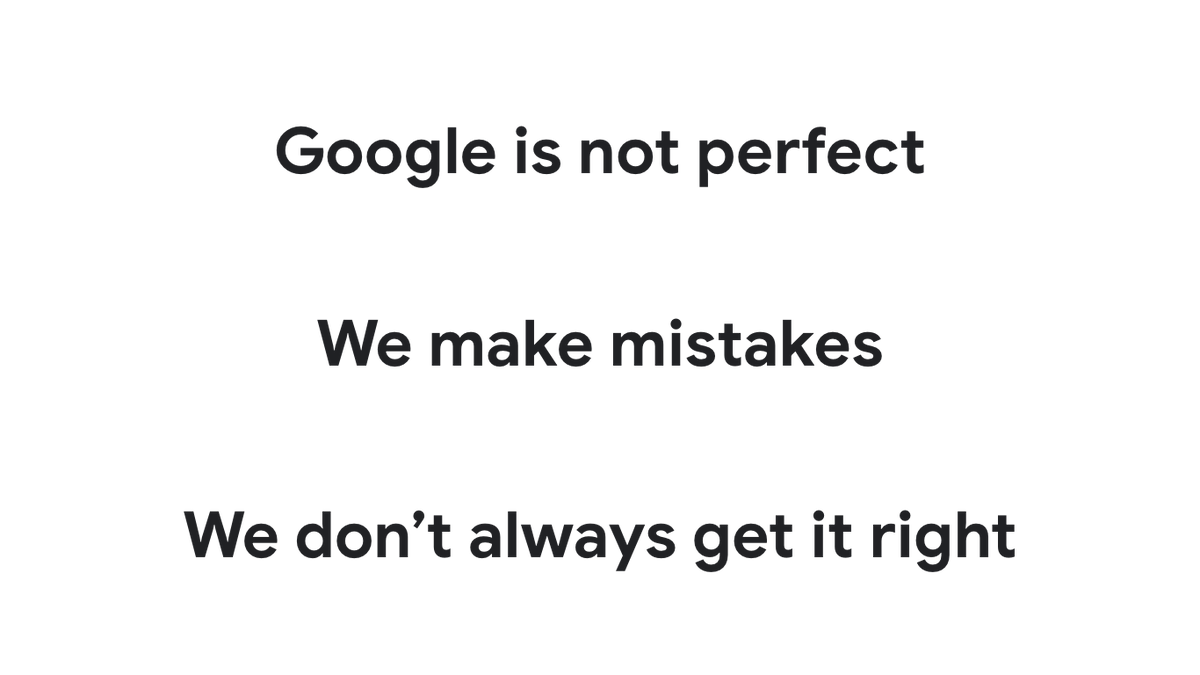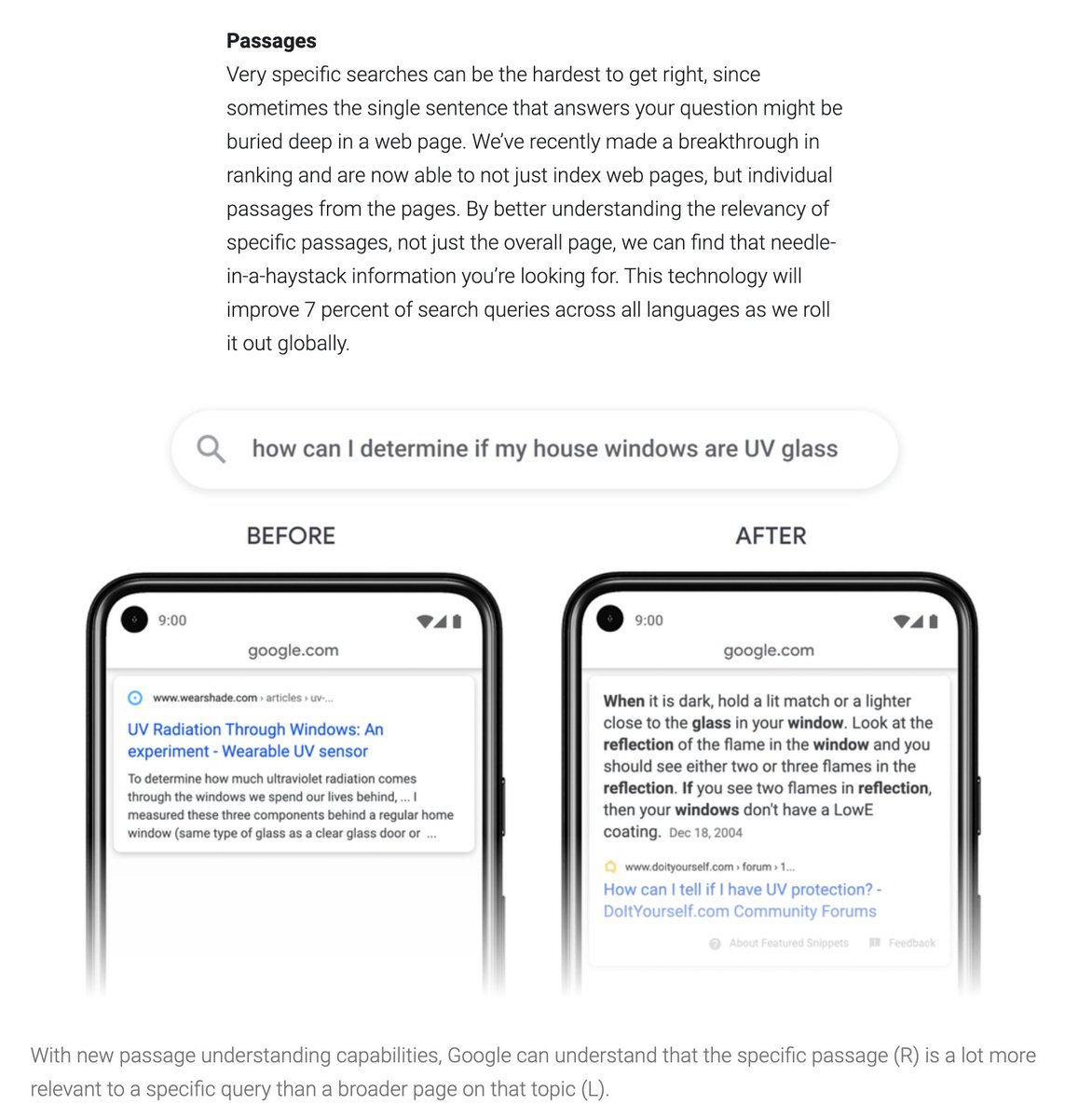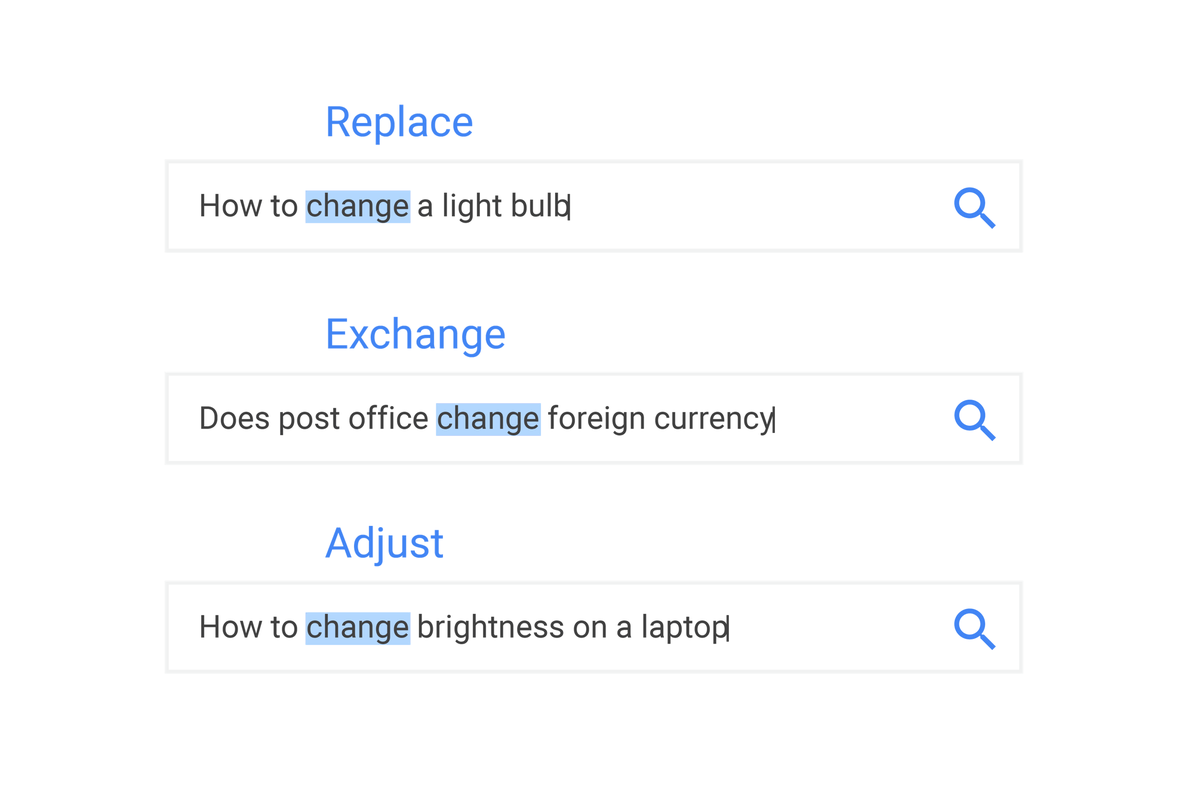
Insights on how Google Search works, from liaison @dannysullivan
Also:
Mastodon: searchliaison
Threads: googlesearchliaison
BlueSky: https://t.co/4ot5UQAewz
9 subscribers
How to get URL link on X (Twitter) App





https://twitter.com/dannysullivan/status/1589681355868504064


 @blairmacgregor @JohnMu Our guidance about creating helpful, people-first content is here:
@blairmacgregor @JohnMu Our guidance about creating helpful, people-first content is here:




 There are also times when a query can relate to different things. For example, [jaguar] could mean either the animal or the car. Sometimes, one meaning can dominate image results. Our improvement works to show images for alternative meanings, when that seems helpful....
There are also times when a query can relate to different things. For example, [jaguar] could mean either the animal or the car. Sometimes, one meaning can dominate image results. Our improvement works to show images for alternative meanings, when that seems helpful.... 

 Typically, we evaluate all content on a web page to determine if it is relevant to a query. But sometimes web pages can be very long, or on multiple topics, which might dilute how parts of a page are relevant for particular queries….
Typically, we evaluate all content on a web page to determine if it is relevant to a query. But sometimes web pages can be very long, or on multiple topics, which might dilute how parts of a page are relevant for particular queries….





 You know an alert is active because of the SOS Alert header that appears at the top of the page. You can use the sharing icon on the right-side of the header to generate a link to share the Google search page with the special alert information with others....
You know an alert is active because of the SOS Alert header that appears at the top of the page. You can use the sharing icon on the right-side of the header to generate a link to share the Google search page with the special alert information with others.... 


 The format puts a site’s brand front & center, helping searchers better understand where information is coming from, more easily scan results & decide what to explore. Learn more about the new look in our post from last year, when it launched on mobile: blog.google/products/searc…
The format puts a site’s brand front & center, helping searchers better understand where information is coming from, more easily scan results & decide what to explore. Learn more about the new look in our post from last year, when it launched on mobile: blog.google/products/searc…
https://twitter.com/searchliaison/status/1108776358430138368The use of neural matching means that Google can do a better job going beyond the exact words in business name or description to understand conceptually how it might be related to the words searchers use and their intents...